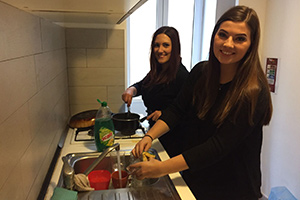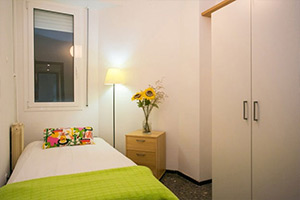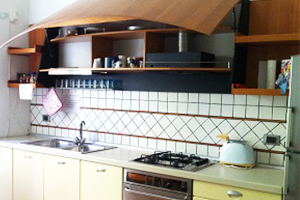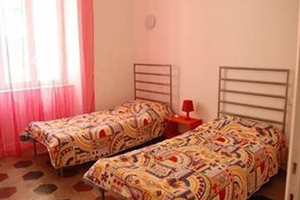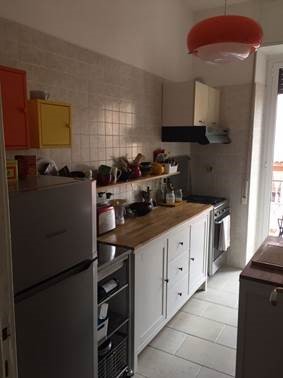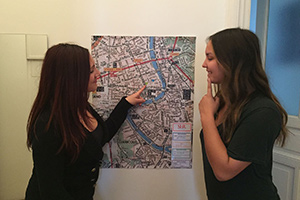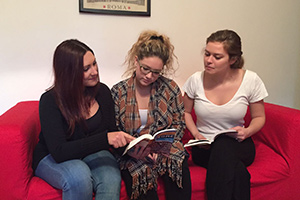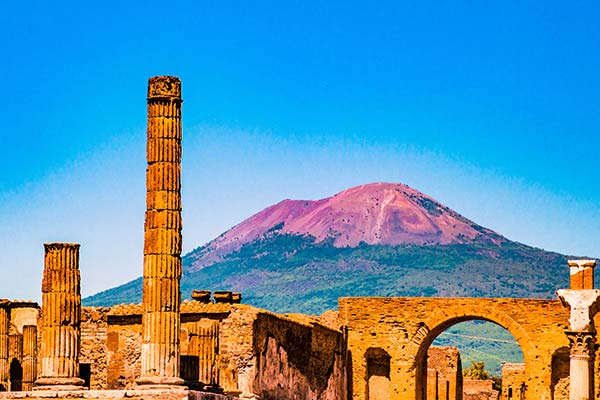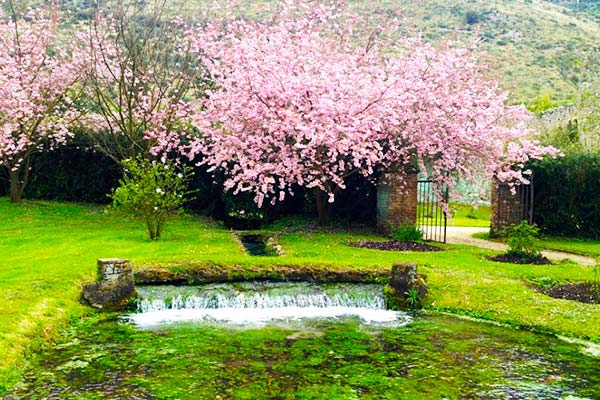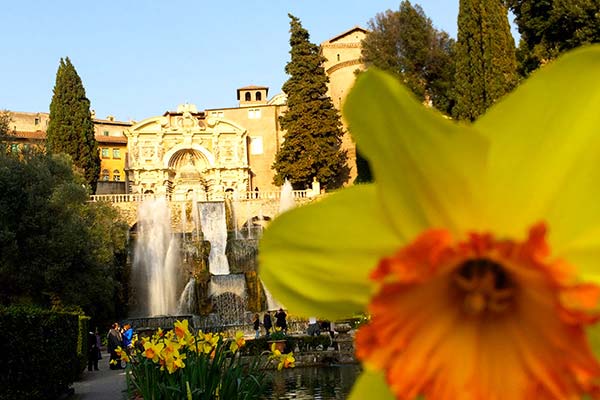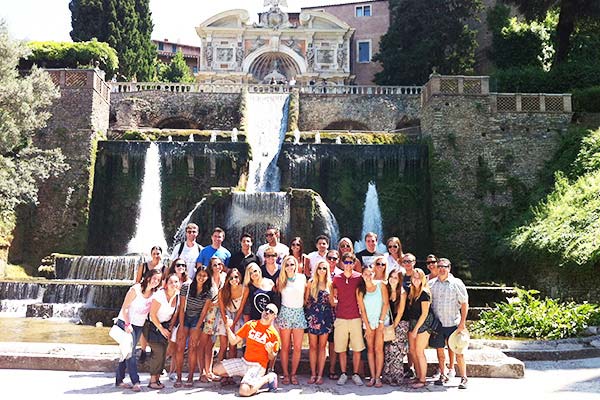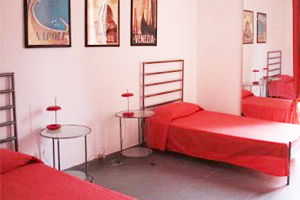
Engineering
Rome, Italy
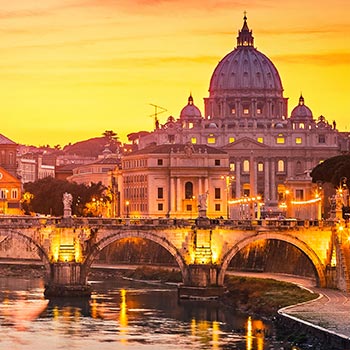
About the Program
Stay on track with your engineering degree while setting yourself apart from the competition. Study in Rome, where you’ll explore more than 2,000 years of global power and influence. You’ll have the opportunity to enroll in a core engineering course alongside elective courses. Elective courses focus on an aspect of Italian culture, which may fulfill a humanities or social science requirement. While Italian language isn’t required, we’ll help you gain some basic communication skills to navigate this historic city.
Requirements
Overview
Rome
5/13/24 - 7/6/24
$8,395
9 - 10
Deadlines
Closed
3/1/24
Requirements
Eligibility
2.5
Some courses may have prerequisites.
High School Graduate
All Levels
Where You'll Study
Credits
Program Structure & Courses
Choose a 1-, 2-, or 3-course option. Students in the 1-course option enroll in 1 CEA CAPA engineering course. Students in the 2-course option enroll in either 2 CEA CAPA engineering courses or 1 CEA CAPA engineering course and 1 CEA CAPA elective course from the social sciences or humanities. Students in the 3-course option enroll in 1 CEA CAPA engineering courses and 2 CEA CAPA elective courses from the social sciences or humanities.
Engineering courses meet 45-60 contact hours/3-4 credits and elective courses meet for 45 contact hours/3 credits. If you choose the 1-course option, you may earn 3-4 credits (up to 60 contact hours); if you choose the 2-course option, you may earn 6-8 credits (up to 120 contact hours); if you choose the 3-course option, you may earn 9-10 credits (up to 150 contact hours).
Engineering courses meet 4 times per week, Monday-Thursday. Other courses generally meet 3-4 times per week, Monday-Thursday. Active learning components required by your courses may be scheduled for Fridays.
Prior to departure, you will select your preferred courses. You will be enrolled into courses based on their availability. It is in your best interest to have multiple alternative courses approved by your home university prior to your departure due to course availabilities. Please consult with your academic advisor at your home university on credit pre-approval guidelines.
All Levels Course Structure
Courses
The following courses have been confirmed for this term. Please note, the host institution reserves the right to cancel or change courses without prior notification.
*Courses with an asterisk indicate that the course has been associated with multiple subject areas.
Please click on the course title to view additional subject areas and detailed course information.
| Course Name | Level | Lang | Hours | Credits |
|---|---|---|---|---|
| Fluid Mechanics | 300 | En | 60 | 4 |
| Course Name | Level | Lang | Hours | Credits |
|---|---|---|---|---|
| Introduction to Programming | 200 | En | 45 | 3 |
| Course Name | Level | Lang | Hours | Credits |
|---|---|---|---|---|
| Electrical Circuits | 300 | En | 60 | 4 |
| Principles of Engineering Materials | 200 | En | 45 | 3 |
| Thermodynamics | 200 | En | 45 | 3 |
| Course Name | Level | Lang | Hours | Credits |
|---|---|---|---|---|
| Art & Archaeology of Ancient Rome * | 300 | En | 45 | 3 |
| Course Name | Level | Lang | Hours | Credits |
|---|---|---|---|---|
| Food & Culture in Italy * | 300 | En | 45 | 3 |
| Course Name | Level | Lang | Hours | Credits |
|---|---|---|---|---|
| The Imitation of Nature * | 300 | En | 45 | 3 |
| Course Name | Level | Lang | Hours | Credits |
|---|---|---|---|---|
| Art & Archaeology of Ancient Rome * | 300 | En | 45 | 3 |
| Course Name | Level | Lang | Hours | Credits |
|---|---|---|---|---|
| Social History of the Italian Mafia * | 300 | En | 45 | 3 |
| Course Name | Level | Lang | Hours | Credits |
|---|---|---|---|---|
| International Marketing * | 300 | En | 45 | 3 |
Interested in taking your career to the next level?
Where You'll Stay
*Housing options may change and will be confirmed on the housing application form prior to the start of the term. Below are the housing options that have been offered in the past.
Excursions
Get out and explore! Excursions are offered for most semester, year, and summer programs. Semester students are typically offered between two to three excursions and summer study students are typically offered between one to two excursions. You'll receive a calendar of excursions during orientation; here are a few day and overnight excursions we've offered in the past.
What's Included in your Program
From housing to excursions, our programs include a variety of inclusions to enhance your study abroad experience! Here are examples that may be available in Rome. Inclusions vary by program – please contact our Enrollment and Advising team to find out what options are available for you.
- Personalized Pre-Departure Advising
- Visa & Immigration Advising
- Financial Advising
- Tuition and Registration
- Airport Pick-up
- Onsite Orientation
- City Tour
- Onsite Staff Support
- 24/7 Emergency Assistance
- Travel Medical Insurance
- International Emergency Service Support
- Welcome & Farewell Events
- Centrally Located Housing
- Wellness Activities
- Cultural Engagement
- Language Exchanges
- Volunteer Opportunities
- Excursions
- Student Clubs & Organizations
- Host Institution Services & Amenities
- Career & Re-entry Workshop
- Official Transcript(s)
Sample Calendar
Below is a tentative itinerary for your program. Please note, dates and events below may change without prior notification. Contact CEA CAPA before purchasing airline tickets.
You will receive a finalized itinerary once you arrive onsite.
Note: Additional cultural activities/excursions or required course-related activities may be incorporated into your final itinerary. You are advised not to make personal travel arrangements until you have the final dates.
| Date | Description |
|---|---|
|
May 13
|
Arrival/Program Begins
Official Program Start Date. Students must arrive at the FCO Airport on this date in order to be eligible for airport pickup. Students will then be transferred to their assigned housing. |
|
May 14
|
Orientation
Mandatory CEA CAPA Orientation will be held. |
|
May 15
|
Classes Begin
Classes begin at CEA CAPA on this day - Session I. |
|
May 17
|
Drop/Add Deadline
This is the last day to drop and/or add classes at CEA CAPA. |
|
June 06
|
Final Exams
Final exams will be held at CEA CAPA. |
|
June 10
|
Classes Begin
Classes begin at CEA CAPA on this day - Session II. |
|
June 14
|
Drop/Add Deadline
This is the last day to drop and/or add classes at CEA CAPA. |
|
July 02
|
Final Exams
Final exams will be held at CEA CAPA. |
|
July 06
|
Program Ends/Move-Out
Official Program End Date. Students must move out of housing no later than this day. |
Sample Budget
This budget contains costs that you can take to your financial aid office. Please note that amounts may fluctuate; we've included a range of costs.
Federal law allows the use of financial aid to cover "reasonable" costs of study abroad including round-trip transportation, tuition and fees for the program, living costs, passport and visa fees, health insurance, and more.
Please note that all costs and charges listed below are subject to change without notice. With the exception of Program Price, all costs are estimates and may vary.


























